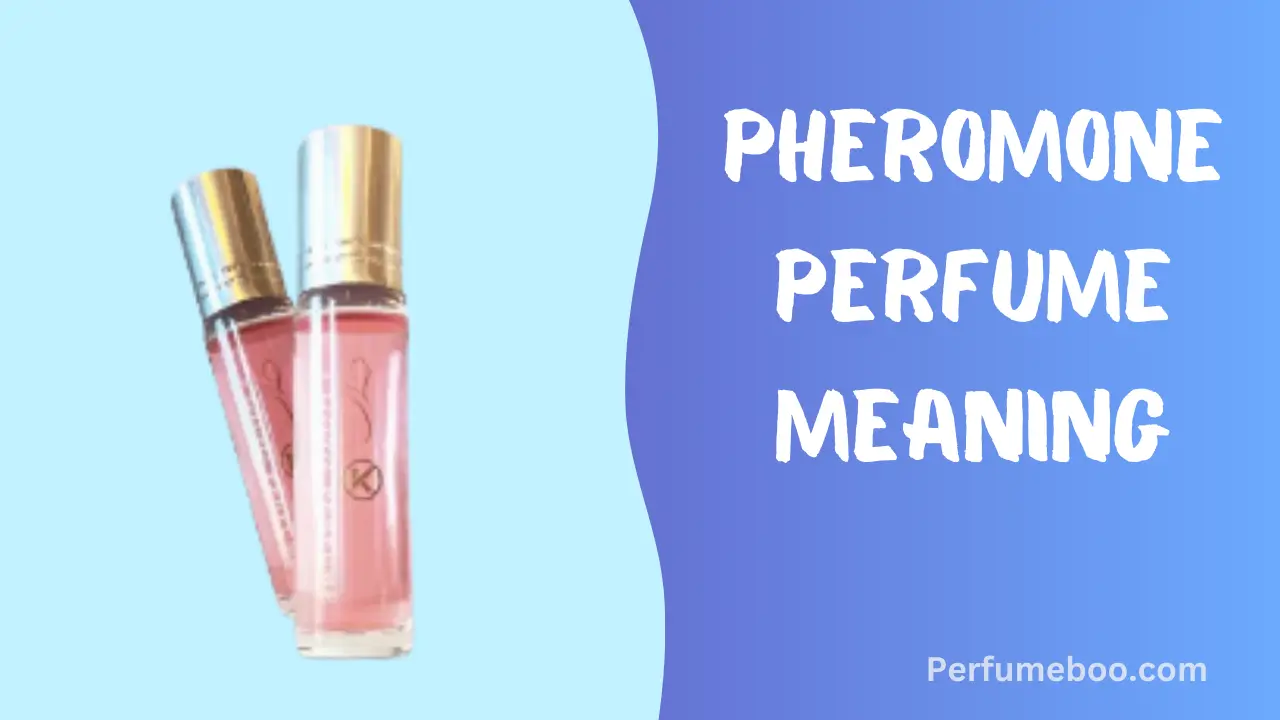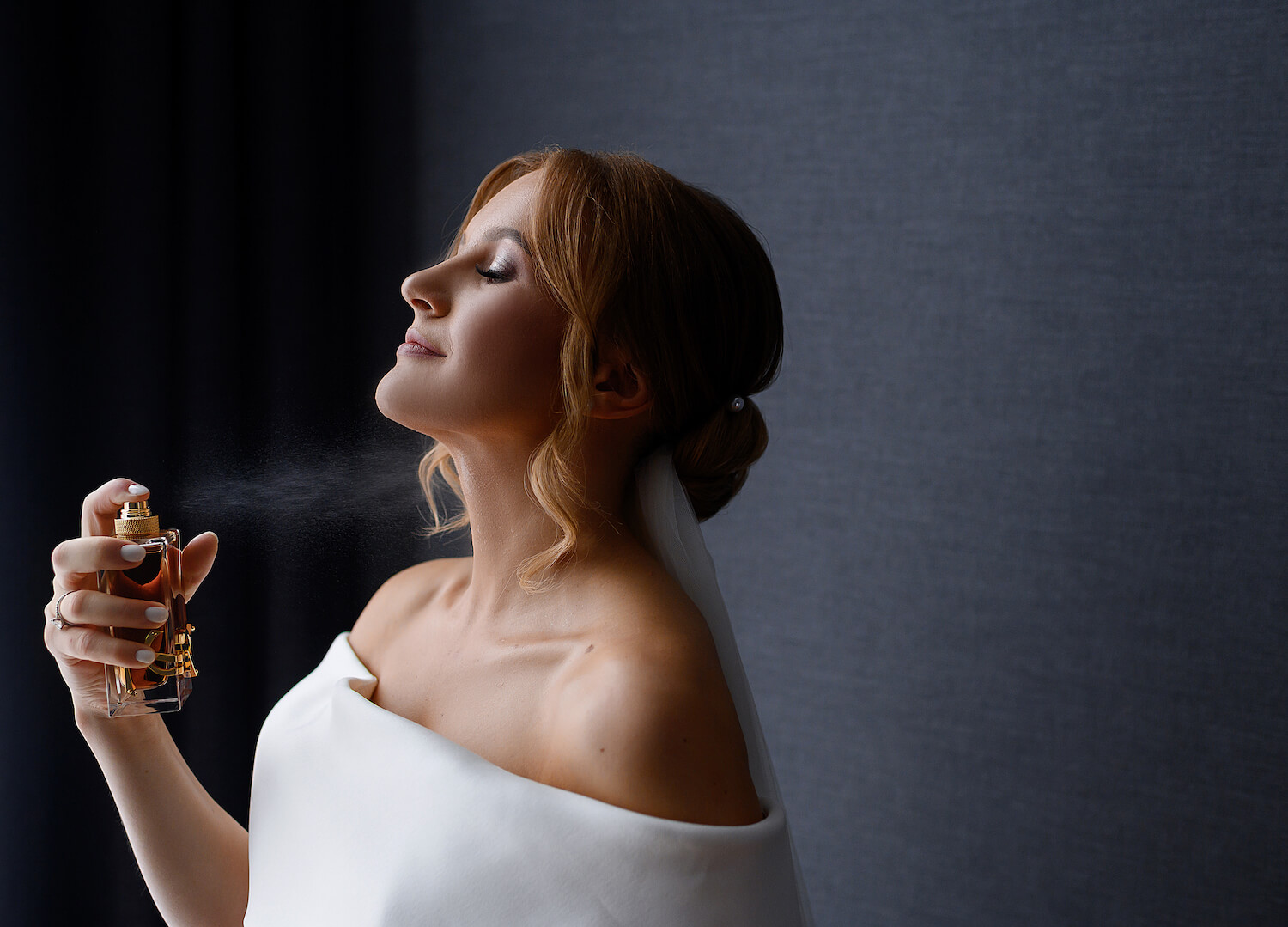Wearing perfume is more than just a way to smell good; it’s an art form that allows you to express your personality, mood, and individuality. For centuries, fragrances have played a vital role in human culture, influencing how we perceive others and how we want to be perceived. Whether you're using it for a special occasion or as part of your daily routine, understanding the meaning behind wearing perfume can enhance your experience and connection with others.
Perfume is not merely a scent; it’s a powerful tool that can evoke emotions, memories, and even influence our behavior. From ancient civilizations to modern-day society, the use of fragrances has evolved but remains deeply rooted in human tradition. By exploring the significance of wearing perfume, we can better appreciate its impact on our lives and relationships.
In this article, we will delve into the deeper meaning of wearing perfume, uncover its historical roots, and provide practical tips for selecting and applying fragrances that suit your personal style. Whether you're a beginner or a connoisseur, this guide will equip you with the knowledge to make informed decisions about your fragrance choices.
Read also:Alicia Coppola Suits The Ultimate Guide To Her Iconic Style
Daftar Isi
The Historical Roots of Perfume
Types of Perfume and Their Meanings
How to Select the Right Perfume
Choosing Perfume for Different Occasions
Read also:Puma Hats On Amazon A Comprehensive Guide To Style And Quality
Factors Affecting Perfume Longevity
Health Considerations When Wearing Perfume
Current Trends in the Perfume Industry
Conclusion: Embrace Your Fragrance Journey
The Historical Roots of Perfume
The tradition of wearing perfume dates back thousands of years, with evidence of its use found in ancient civilizations such as Egypt, Greece, and Rome. These early cultures used fragrances for religious ceremonies, medicinal purposes, and as a status symbol. Perfume was often created using natural ingredients like flowers, herbs, and spices, which were distilled into oils or resins.
Over time, the art of perfumery spread across the globe, influencing various cultures and societies. During the Renaissance, Europe became a hub for perfume production, with cities like Grasse in France becoming renowned for their high-quality fragrances. Today, the perfume industry is a multi-billion-dollar business, offering a wide range of scents to cater to diverse tastes and preferences.
Key Historical Developments in Perfumery
- Ancient Egyptians used perfumes for religious rituals and embalming processes.
- During the Middle Ages, perfumes were used as a means to mask unpleasant odors in unsanitary conditions.
- In the 19th century, synthetic fragrances were developed, revolutionizing the industry and making perfumes more accessible.
The Psychology of Fragrance
Wearing perfume has a profound psychological impact on both the wearer and those around them. Fragrances have the unique ability to trigger memories, evoke emotions, and influence mood. This is due to the close connection between the olfactory system and the limbic system in the brain, which is responsible for processing emotions and memories.
Studies have shown that certain scents can have calming effects, while others can boost energy levels and confidence. For instance, lavender is often associated with relaxation, while citrus scents are known for their invigorating properties. Understanding the psychological effects of different fragrances can help you choose a perfume that aligns with your desired state of mind.
Emotional Responses to Fragrance
- Floral scents are often linked to happiness and romance.
- Woody and musky notes can convey a sense of strength and stability.
- Fresh, aquatic fragrances are associated with cleanliness and vitality.
Types of Perfume and Their Meanings
When it comes to wearing perfume, there are several types to choose from, each with its own unique characteristics and meanings. The concentration of fragrance oils in a perfume determines its intensity and longevity. Here are the most common types:
- Parfum: The highest concentration of fragrance oils, offering the longest-lasting scent.
- Eau de Parfum: A popular choice with a moderate concentration, providing a balanced fragrance experience.
- Eau de Toilette: A lighter concentration, ideal for casual or daytime use.
- Eau de Cologne: The least concentrated type, often used for its fresh and invigorating scent.
Each type of perfume carries a different meaning, depending on the occasion and the wearer's intentions. For example, a parfum might be chosen for a formal event, while an eau de cologne could be preferred for a casual outing.
How to Select the Right Perfume
Selecting the right perfume involves considering several factors, including your personal preferences, lifestyle, and the message you wish to convey. Here are some tips to help you make an informed decision:
- Identify your favorite scent families, such as floral, fruity, or oriental.
- Test fragrances on your skin, as they can smell different on various individuals due to differences in body chemistry.
- Consider the season and occasion when choosing a perfume, opting for lighter scents in summer and richer ones in winter.
It's also important to remember that wearing perfume is a personal choice, and what works for one person may not work for another. Trust your instincts and select a fragrance that resonates with you.
Popular Fragrance Families
- Floral: Romantic and feminine, often featuring notes of rose, jasmine, and violet.
- Fruity: Vibrant and playful, with hints of citrus, berries, and tropical fruits.
- Oriental: Warm and sensual, incorporating spices, vanilla, and amber.
Proper Application Techniques
Knowing how to apply perfume correctly can significantly enhance its longevity and effectiveness. Here are some tips for maximizing your fragrance experience:
- Apply perfume to pulse points, such as your wrists, neck, and behind your ears, where body heat can amplify the scent.
- Avoid rubbing your wrists together after applying perfume, as this can break down the fragrance molecules.
- Store your perfume in a cool, dark place to preserve its quality and prevent it from losing its scent.
By following these application techniques, you can ensure that your perfume lasts longer and smells as intended.
Choosing Perfume for Different Occasions
The meaning of wearing perfume can vary depending on the occasion. For formal events, such as weddings or business meetings, a sophisticated and elegant fragrance might be appropriate. On the other hand, casual outings or outdoor activities may call for a lighter, more refreshing scent.
Understanding the context in which you plan to wear your perfume can help you make the right choice. Consider the environment, the time of day, and the people you'll be interacting with when selecting your fragrance. This will allow you to create a harmonious and memorable impression.
Perfume Suggestions for Specific Occasions
- Business Meetings: Opt for a subtle, professional scent like a light woody or green fragrance.
- Evening Events: Choose a rich, complex perfume with notes of musk or amber for a dramatic effect.
- Outdoor Adventures: Go for a fresh, citrusy scent that complements the natural surroundings.
Factors Affecting Perfume Longevity
The longevity of a perfume refers to how long it lasts on the skin after application. Several factors can influence this, including the concentration of fragrance oils, skin type, and environmental conditions. Higher concentrations, such as those found in parfum, tend to last longer than lighter concentrations like eau de cologne.
In addition to the type of perfume, individual factors such as skin pH and hydration levels can affect how a fragrance behaves on your skin. Environmental factors like humidity and temperature can also play a role in determining how long your perfume lasts.
Tips for Extending Perfume Longevity
- Moisturize your skin before applying perfume to create a barrier that helps the scent adhere better.
- Avoid exposing your perfume to direct sunlight or extreme temperatures, as this can degrade its quality.
- Layer your fragrance by using matching body lotions or shower gels to enhance its staying power.
Health Considerations When Wearing Perfume
While wearing perfume can enhance your confidence and mood, it's important to be aware of potential health implications. Some individuals may experience allergic reactions or sensitivities to certain fragrance ingredients, leading to symptoms such as headaches, skin irritation, or respiratory issues.
To minimize the risk of adverse effects, choose perfumes that are labeled as hypoallergenic or free from common irritants. If you notice any negative reactions, consult a healthcare professional and consider switching to a fragrance-free alternative.
Current Trends in the Perfume Industry
The perfume industry is constantly evolving, with new trends emerging each year. One of the latest trends is the focus on sustainability and ethical sourcing of ingredients. Many brands are now offering eco-friendly options, using natural and organic materials to create fragrances that are both beautiful and environmentally responsible.
Another trend is the rise of niche perfumery, where small, independent brands offer unique and exclusive scents that cater to niche markets. This allows consumers to explore a wider variety of fragrances and find ones that truly reflect their individuality.
Conclusion: Embrace Your Fragrance Journey
In conclusion, wearing perfume is more than just a fashion statement; it’s a powerful way to express yourself and connect with others. By understanding the history, psychology, and cultural significance of fragrances, you can make informed choices that align with your personal style and preferences.
We encourage you to explore the world of perfumery and discover scents that resonate with you. Share your thoughts and experiences in the comments below, and don't forget to check out our other articles for more insights into the art of fragrance. Together, let's embrace the journey of finding the perfect perfume that tells your story.



